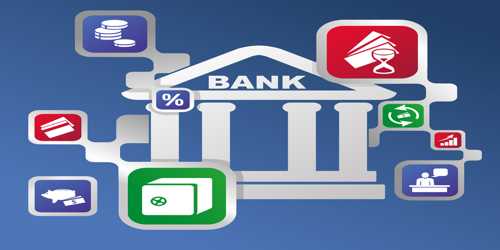The person who performs the banking activities such as accepting of deposits, lending money, withdrawing facilities, exchanging of money is known as a banker. Banker manages all the activities of a bank.
Different forms of Banker’s Advances –
(i) Demand Loan:
In a demand loan account the entire amount is paid to the debtor at one time, either in cash or by transfer to his savings bank or current account. No subsequent debt is ordinarily allowed except by way of interest incidental charges, insurance premiums, expenses incurred for the protection of the security etc. Repayment is provided for by installment without allowing the demand character of the loan to be affected in any way. There is usually a stipulation that in the event of any installment, remaining unpaid, the entire amount of the loan will become due. Interest is charged on the debit balance, usually with monthly rests unless there is an arrangement to the contrary. No cheque book is issued. The security may be personal or in the form of shares, Govt. paper, fixed deposit receipt, life insurance policies, goods. etc.
(ii) Term Loan
When a loan is granted for a fixed penned exceeding three years and is repayable according to the schedule of repayment, it is known as a term loan. The period of term loan may extend up to 10 years and in some cases up to 20 years. A term loan is generally granted for fixed capital requirements, e.g., investment in plant and equipment, land and building etc. These may be required for setting up new projects or expansion or modernization of the plant and equipment Advances granted for purchasing land 1 building 1 fiat (Apartment house) are term loans.
(iii) Overdraft
An overdraft is a fluctuating account wherein the balance sometimes may be in credit and at other times in debit Overdraft facilities are allowed in current accounts only. Opening of an overdraft account requires that a current account will have to be formally opened, and the usual account opening form completed.
(iv) Cash Credit
A cash credit is essentially a drawing account against credit granted by the bank and is operated in the same way as a current account in which an overdraft limit has been sanctioned. The principal advantages of a cash credit account to a borrower are that, unlike the party borrowing on a fixed loan basis, he may operate the account within the stipulated limit as and when required and can save interest by reducing the debit balance whenever he is in a position to do so. The borrower can also provide alternative securities from time to time in conformity with the terms of the advance and according to his own requirements. Cash credits are normally granted against the security of goods e.g. raw materials, stock in process, finished goods. It is also granted against the security of book-debts. If there is good turnover both in the account and in the goods, and there are no adverse factors, a cash credit limit is allowed to continue for years together. Of course a periodical review would be necessary.
















